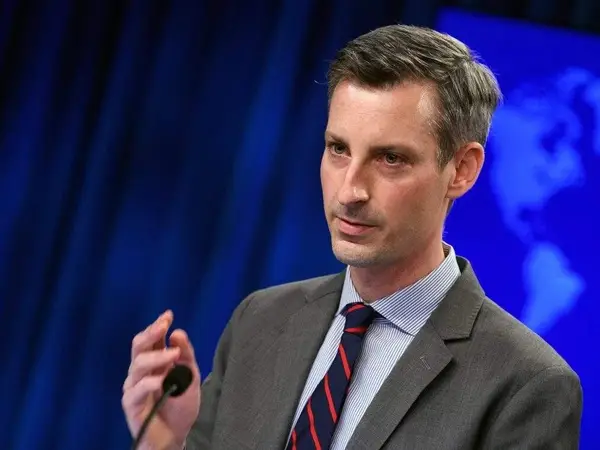Washington is still studying Iran’s response Monday to European Union proposals to revive the 2015 nuclear deal, the State Department Spokesman said Wednesday.
“We are engaged in consultations with the EU, and with our European allies on the way ahead,” Ned Price told a press briefing. The spokesman gave no timeline for a United States input on the Iranian response, given in writing Monday after the EU mediator Enrique Mora on August 8 submitted what he called a “final text.”
“We look at this not through the lens of politics but of national security,” Price said, defending the Biden administration’s approach in the face of criticism from many in Congress.
“We are confident that a mutual return to compliance with the JCPOA [the 2015 nuclear deal, the Joint Comprehensive Plan of Action] remains the best, and really the most effective means by which to verify and permanently constrain Iran’s nuclear program,” Price said. “In the years in which we have not had a JCPOA, since May 2018, Iran’s nuclear program has galloped forward…”
Price said with “national security concerns” upmost, the Biden administration saw Congress “as a partner in this endeavor,” and had “routinely” updated lawmakers. “Our foreign policy is going to be much more effective if conducted with the full support of Congress.”
‘Guarantees’ and detainees
After meeting in closed session Wednesday for a briefing by leading officials, Iran parliament members appeared positive over the talks. But reports continue to suggest that Tehran is seeking ‘guarantees’ – both in terms of sanctions and over the readiness of its nuclear program – should the US again leave the JCPOA as it did in 2018 under President Donald Trump.
While Iran’s main concern might be the possible election of a Republican president in 2024, November’s mid-terms, which are deeply unpredictable given the flux of American politics, could see more JCPOA-critics elected.
Price also stressed the “priority” attached by the administration to the release of American-Iranians detained in Iran. Citing “what we have heard from Iran recently,” Price declined to comment on “the specifics” of contacts with Tehran over a potential prisoner swap, noting the US did not want to do “anything that could jeopardize, or slow…the release of Americans who are wrongfully detained in Iran.”
While both Iran and the US deny any link between a prisoner swap and the JCPOA talks, the Iranian Foreign Ministry Spokesman Nasser Kanaani said earlier Wednesday that Tehran was ready for an “immediate agreement” to secure the freedom of “innocent Iranians…[jailed] on false charges of violating the cruel and illegal sanctions of the United States…[so they could be] released and quickly return to their families.”
Price on Tuesday was among several US officials who reiterated the call for the release of Americans jailed in Iran, highlighting the case of Siamak Namazi on his 2,500th day in jail.
